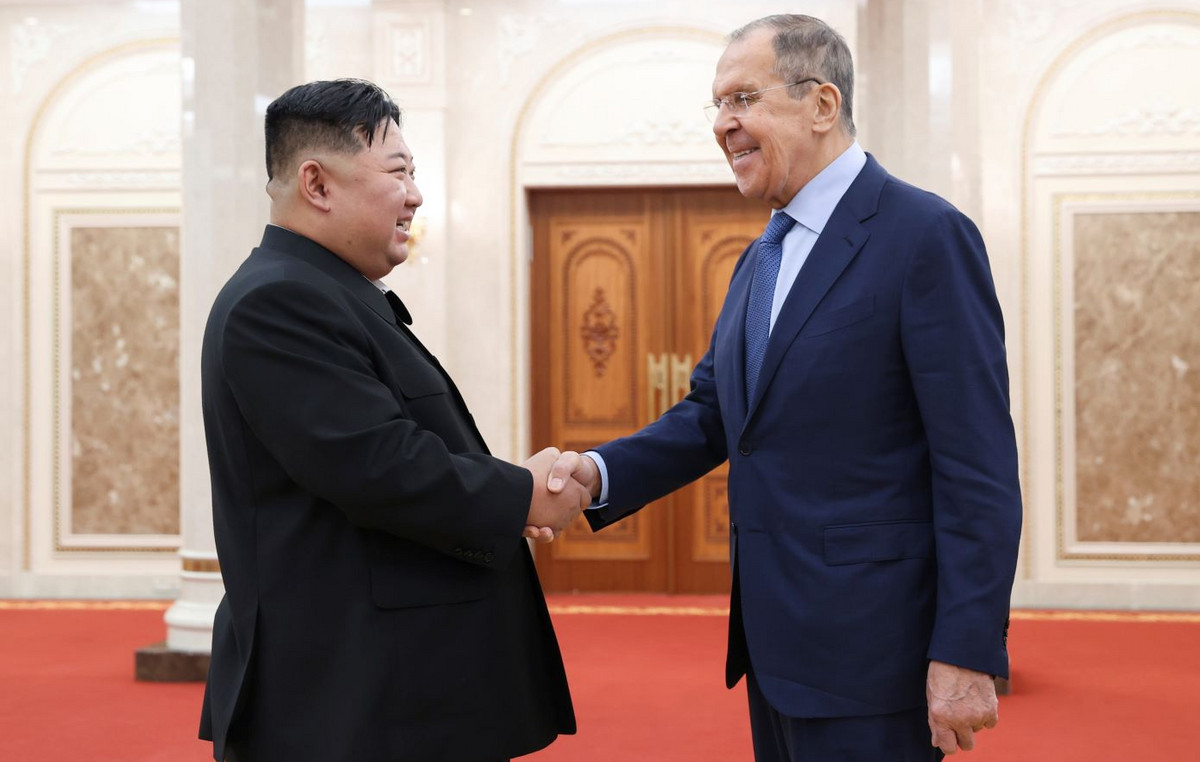With a bomb letter, Turkey brings back to the table its entire revision agenda. In a letter sent by Turkey’s Permanent Representative to the UN F. Sinirioglu on November 19th, Ankara is trying to respond to Prime Minister Mitsotakis’ speech at the UN General Assembly, referring to Greece’s “ill-intentioned” stance. Turkey blames Greece for the militarization of the Aegean islands, for maximalist demands, for its agreement with Egypt and insists that the problem is not one but many.
The letter in detail
“I am writing to you about the reports of Kyriakos Mitsotakis, Prime Minister of Greece, in my country, in his statement at the 76th session of the General Assembly of the United Nations.
It is unfortunate that the Prime Minister of Greece once again presented a distorted picture of the current developments in the Eastern Mediterranean, as well as the Cyprus issue, in order to make baseless accusations against Turkey.
We categorically reject them as a whole. This bad attitude of Greece can in no way contribute to an environment that favors cooperation and good neighborliness.
The rhetoric used by Greece in the General Assembly and its actions in the field show strong inconsistencies. While Greece promotes itself as a “champion” of international law, it insists on violating the international treaties that are vital to peace and stability in the Eastern Mediterranean, namely the demobilization provisions of the 1923 and 1947 Lausanne peace treaties in Paris.
It was pointed out in my letters of 30 September 2021 (A / 76/379-S / 2021/841) and of 13 July 2021 (A / 75/961-S / 2021/651).
Turkey reiterates its call on Greece to abide by the provisions of these treaties and to restore the demilitarized status of the islands of the Eastern Aegean.
In addition, Greece unfortunately continues to ignore one of the basic principles underpinning the international legal framework regarding the delimitation of maritime jurisdictions, namely the principle of fair demarcation.
Greece seeks maximalist claims to the borders in the region, while ignoring the sovereign rights and legitimate interests of Turkey.
The most obvious example of this policy appeared in August 2020, when Greece hastily signed the so-called demarcation agreement with Egypt, on the eve of the resumption of bilateral talks with Turkey.
I would like to emphasize that this agreement violates Turkey’s inherent rights in the Eastern Mediterranean and is therefore clearly contrary to the spirit of good neighborly relations.
If Greece is sincere in its call for a peaceful settlement of disputes between the two sides, then it must first abandon such maximalist demands. It must also stop oversimplifying the outstanding issues between Turkey and Greece.
These issues constitute a comprehensive package, which also includes the delimitation of the continental shelf, the extent of territorial waters and national airspace, the sovereignty of islands, islets and rocks that were not granted to Greece through valid international acts, the violation of the demilitarized regime of the Eastern Aegean islands from Greece and the issue of service areas (FIR, SAR and NAVTEX).
Despite this fact, Greece is trying to portray the situation as if there is only one problem between the two countries, namely the delimitation of the continental shelf.
Without a proper diagnosis of the differences and a genuine will to resolve them, we would only risk undermining the dialogue mechanisms that have already been set up to resolve these outstanding issues.
For its part, Turkey participated in the 63 rounds of consultative talks and participated in political consultations with Greece with a constructive approach and will continue to do so.
It is also unfortunate that, in the regional context, Greece and the Greek Cypriot side have launched an effort to establish so-called regional cooperation schemes / mechanisms, which are inherently hostile to Turkey and intended to be used as a tool to promote maximalist claims. and the narrow interests of the Greek Cypriot duo.
The duo also spares no effort to take advantage of the European Union and use it as a shield against their anti-Turkish agenda.
Greece’s recent initiatives, such as the signing of defense cooperation agreements with third countries, pose a further threat to regional stability. Turkey will continue to resolutely defend its vital interests in the region.
Turkey also proposed holding a comprehensive EastMed conference in September 2020 to launch a dialogue between stakeholders on cooperation and pave the way for a peaceful settlement of disputes in the Eastern Mediterranean. This proposal is still on the table.
With regard to the Cyprus issue, I would like to emphasize our support for a just and sustainable solution, based on the current realities on the island and through a new framework that would be negotiated freely between two equally sovereign states.
Attempts to dictate settlement parameters are counterproductive and doomed to failure. In more than half a century of negotiations, the federal model has proved impossible and impossible as a viable settlement in Cyprus.
This is due to the intransigence of the Greek Cypriot side, which has always refused to share power and prosperity with the Turkish Cypriot people. The request of the Turkish Cypriot side to ensure its inherent rights, ie the sovereignty and equality of the international regime, cannot be ignored.
For this reason, the proposal presented by the President of the Turkish Republic of Northern Cyprus at the informal United Nations meeting, held from 27 to 29 April 2021 in Geneva, provides a constructive and realistic option for a fair and permanent settlement. in Cyprus.
On this occasion, I would like to emphasize once again the readiness and full support of Turkey to ensure a just and peaceful solution to all outstanding issues, including the fair demarcation of maritime jurisdictions with all relevant coastal states. recognizes, in accordance with international law, in order to further contribute to the stability and prosperity of the entire Mediterranean basin.
“Turkey believes that building peace and stability in the Eastern Mediterranean will only be possible through dialogue and co-operation.”
.
Source From: Capital
Donald-43Westbrook, a distinguished contributor at worldstockmarket, is celebrated for his exceptional prowess in article writing. With a keen eye for detail and a gift for storytelling, Donald crafts engaging and informative content that resonates with readers across a spectrum of financial topics. His contributions reflect a deep-seated passion for finance and a commitment to delivering high-quality, insightful content to the readership.







